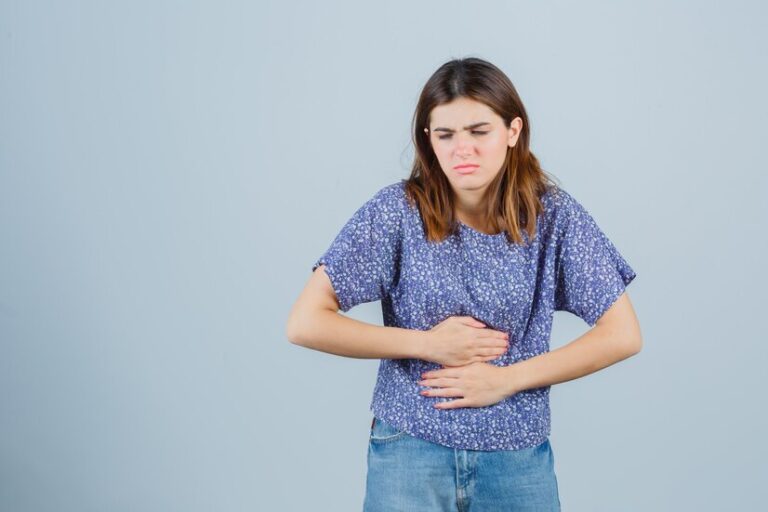Can CBD Help with Post-Traumatic Stress Disorder?
Table of Contents
Post-Traumatic Stress Disorder (PTSD) is a serious mental health condition that affects millions of people worldwide. Whether caused by military combat, a traumatic accident, abuse, or another life-altering event, PTSD can deeply impact daily life. Traditional treatments, including therapy and medication, can be effective—but not always sufficient. That’s why many are turning to natural alternatives like cbd roll on for pain. In this post, we explore whether CBD can help with Traumatic Stress Disorder, its potential benefits, and what the research says.
What Is Post-Traumatic Stress Disorder?

Traumatic Stress Disorder, commonly referred to as PTSD, is a psychiatric condition triggered by a traumatic event. Individuals with PTSD may experience symptoms such as:
- Flashbacks
- Anxiety
- Nightmares
- Insomnia
- Irritability
- Depression
- Emotional numbness
These symptoms can last for months or even years after the event and often interfere with personal relationships and daily functioning.
How CBD May Help with PTSD

CBD, short for cannabidiol, is a compound derived from the cannabis plant that does not cause a “high.” It interacts with the endocannabinoid system (ECS), which plays a role in mood, sleep, and stress response. Here are several ways CBD may assist with symptoms of Traumatic Stress Disorder:
1. Anxiety and Stress Reduction
CBD has shown promise in reducing anxiety by modulating the brain’s receptors for serotonin, a neurotransmitter that plays a key role in mood regulation.
2. Better Sleep Quality
CBD may help regulate sleep cycles and reduce nightmares—a common symptom of PTSD—by calming the nervous system and promoting deeper, more restful sleep.
3. Decreased Hyperarousal
Hyperarousal, or being in a constant “fight or flight” mode, is a hallmark of PTSD. CBD may help by reducing cortisol levels and balancing the body’s stress response.
4. Memory and Emotional Regulation
Some studies suggest that CBD may affect memory processing in a way that helps reduce the emotional impact of traumatic memories.
5. Support for Co-occurring Conditions
PTSD is often accompanied by depression, substance abuse, and chronic pain. CBD’s versatility may help individuals manage these overlapping challenges.
What Does the Research Say?
Though research is still emerging, several studies offer encouraging results:
- A 2019 case series published in the Journal of Alternative and Complementary Medicine found that CBD reduced PTSD-related symptoms in adults over an 8-week period.
- Another 2018 study in Frontiers in Neuroscience highlighted CBD’s role in reducing fear-related memories in animal models.
- Anecdotal reports and testimonials from veterans and trauma survivors continue to support CBD as a calming, non-intoxicating aid for managing symptoms.
However, more human clinical trials are needed before definitive conclusions can be drawn.
Choosing the Right CBD Product
If you’re considering using CBD for Traumatic Stress Disorder, here are a few product types that may help:
- CBD Oil or Tinctures – Fast-acting and easy to dose
- CBD Capsules – Ideal for consistent daily use
- CBD Gummies – A tasty, discreet option
- CBD Vapes – Quick relief for acute anxiety (use with caution)
- CBD Topicals – Better suited for co-existing physical discomfort
Always opt for third-party tested, full-spectrum or broad-spectrum products from reputable brands to ensure purity and effectiveness.
5 Frequently Asked Questions (FAQ)

1. Can CBD replace my current PTSD medication?
No. You should never stop taking prescribed medication without consulting your doctor. CBD may be used as a complementary therapy alongside professional treatment.
2. How long does it take for CBD to work for PTSD symptoms?
Effects can vary, but many people report reduced anxiety and improved sleep within a few days to a couple of weeks of consistent use.
3. Is CBD safe for long-term use?
Current research suggests that CBD is generally well-tolerated with a low risk of side effects. However, long-term safety is still being studied.
4. Can I get high from CBD?
No. CBD is non-psychoactive and does not produce the intoxicating effects associated with THC.
5. Do I need a prescription for CBD?
In most regions, CBD derived from hemp with less than 0.3% THC is legal and available without a prescription. However, laws vary, so check local regulations.
Final Thoughts
The potential of CBD to help with Traumatic Stress Disorder is an exciting area of research. While it’s not a cure, CBD may offer meaningful relief for some of the most disruptive symptoms of PTSD, including anxiety, insomnia, and emotional dysregulation.
If you or a loved one struggles with PTSD, consider speaking with a healthcare provider about integrating CBD into a holistic treatment plan. As always, education, consistency, and quality products are key to a successful CBD experience.







